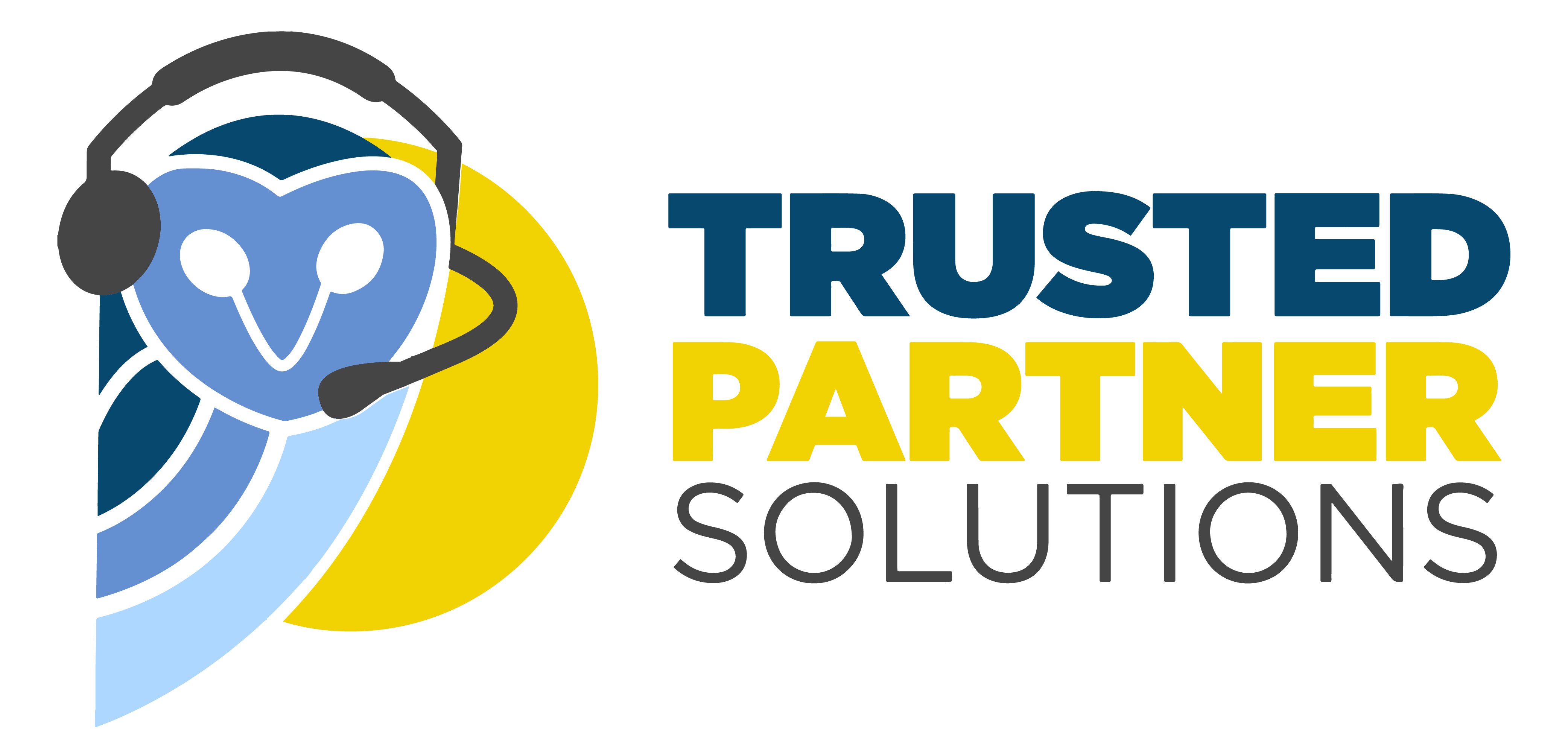
Do you want to avoid the outsourcing legal headaches? If so then this blog demystifies the biggest risks and how to avoid them to outsourcing confidently
In this blog, we will discuss:
- Typical Legal Problems of Outsourcing
- Strategies for Outsourcing Arrangements: 5 Ways to Avoid a Litigious Nightmare
- Final Thoughts: Set Yourself Up for Success
Key Takeaways
- A poorly drafted contract, a data breach, and a miscommunication with a foreign partner can easily trap you in a legal clamp.
- Different industries and countries do outsourcing with their own rules and regulations. Learn about the biggest legal obstacles businesses encounter and how to overcome them to avoid costly mistakes.
- If there are no proper agreements between the parties, the outsourcing provider might own the work they create — and this can lead to conflicts later on.
Outsourcing is a game changer for business — it saves more money, is efficient, and helps you connect with great talent.
However, although it has lots of benefits, you also need to know that it comes with legal risks you cannot ignore. Anything from worker misclassification to intellectual property disputes, one simple mistake can create a costly headache.
A poorly drafted contract, a data breach, and a miscommunication with a foreign partner can easily trap you in a legal clamp.
So how to hack outsourcing in a legal way, without getting in any legal trouble? Let’s break it down.
Also read: Overcoming Recruitment Challenges with Remote Hiring
Typical Legal Problems of Outsourcing
Different industries and countries do outsourcing with their own rules and regulations. Learn about the biggest legal obstacles businesses encounter and how to overcome them to avoid costly mistakes.
Compliance with Employment Law and Worker Classification
Proper classification of workers is one of the most legal headaches of outsourcing.
A lot of businesses think outsourced staff are independent contractors; however, they are actually employees.
Why does this matter?
Misclassifying workers results in large fines, lawsuits, and back-pay claims. In nations with stringent employment regulations, like the U.S. and Australia, it is essential to set out clearly in the contract the status of the worker.
How to avoid trouble:
- Identify clearly if workers are independent contractors or employees
- Legal guidance to make sure contracts are aligned with the labor code of the country.
- Review how many workers frequently to keep out of trouble.
Ownership and Protection of Intellectual Property (IP)
If there are no proper agreements between the parties, the outsourcing provider might own the work they create — and this can lead to conflicts later on.
This is taking it to the extreme, but just try to imagine outsourcing the development of an app and not having a clause in the contract regarding the IP.
The builder may still have ownership of the code so you may not be able to alter or sell your product (or may have difficulty doing so).
How to protect your IP:
- Always have an IP ownership clause in every agreement.
- Specify that your company will own all work created under the agreement.
- Use Non-Disclosure Agreements (NDA)
Security of Data & Data Privacy Laws
Giving away consumer information to an outsourcing company has its consequences as well, considering the strict privacy regulations such as GDPR (Europe). CCPA (California), etc.
Your company might be liable for fines, lawsuits, or damage to your reputation if your outsourcing partner mishandles personal data.
How to keep data safe:
- Collaborate only with providers that have implemented strict security processes and have been certified, for example, with ISO 27001.
- Have all contracts specify how data is being managed, retained and discarded of.
- Enforce encryption, multi-factor authentication, and other cybersecurity safeguards.
Also read: HIPAA-Compliant Virtual Assistants: Everything You Need to Know
Governing Law & Jurisdiction
Whose laws apply in an outsourced deal if things go wrong, yours or your provider’s?
One of the biggest stumbling blocks to entering into a contract with an international partner is the lack of a shared legal jurisdiction, which can complicate and escalate costs when any disputes arise.
Take a hypothetical scenario where a U.K. based company outsourcing IT services from a India-based provider and have not covered the governing laws — in such cases, the governing law dispute can be a nightmare.
How to prevent legal chaos:
- Specifically state which country’s law will apply to the contract.
- Add dispute settlement mechanisms such as arbitration or mediation to save expenses of court suits.
- Collaborate with local legal experts to ensure international law compliance
Cultural & Language Barriers
It is not a legal problem per se, but contracts can be misunderstood by cultural and language differences. Unclear project expectations can lead to outputs being delivered that are not what you had in mind.
So, if your project brief is vague, the outsourcing team in another country might start looking at it differently than yours, which might delay the process or leave you with unsatisfactory results.
How to bridge the gap:
- Use Plain Language in Contracts and Service Agreements
- Video Check-ins To Stay Aligned
- Provide teams with cross-cultural communication training to help them avoid misunderstandings
If you solve these challenges at the outset, you can make outsourcing beneficial for your business—without the legal nightmares!
Also read: Why OWL TPS is the Best Choice for Hiring Virtual Assistants
Strategies for Outsourcing Arrangements: 5 Ways to Avoid a Litigious Nightmare
Outsourcing can be a true lifesaver for enterprises to reduce cost and increase efficiency but at the same time, it brings a lot of legal challenges with it which need to be managed proactively.
These time tested strategies will help ensure you keep your outsourcing relationships smooth, compliant, and headache-free!
Collaborate With a Legally Compliant Outsourcing Partner
Finding the right outsourcing provider isn’t just about technical expertise and a budget; it is also about legal compliance.
The provider is compliant with labor laws, data protection laws and follows best practices in business ethics, minimizing the risks of contract disputes, or data breaches.
Choose partners with ISO certifications, robust compliance policies, and a good understanding of local and international regulations. A solid provider will have the contracts clear, updated regularly, and 100% compliant with the laws that protect your business.
Establish Well-Defined, Moral Contracts
At the centre of any strong outsourcing partnership is a solid contract.
Clarify deliverables, timelines, and dispute resolution procedures in order to avoid miscommunication. If you are outsourcing software development, be clear about who will own the intellectual property (IP) — the code, the design files and any other assets.
Prevent “scope creep” (having additional work added to your agreement without charge) by clearly defining what is in and out of scope for the project upfront.
It also makes sense to have termination clauses that include the notice period, penalties and exit strategies if either of the parties wishes to terminate the partnership.
Make Data Security & Privacy the Top Priority
Data security is one of the legal concerns that you cannot ignore when you outsource IT services, customer support, etc. Countries define its own privacy laws like GDPR (Europe), CCPA (California), etc. making businesses undergo responsible handling of sensitive data base.
To stay compliant:
- In-flight and at-rest data storage, sharing tools and encryption
- Ensure that you have defined processes for breach reporting — for instance: your outsourcing partner must notify you about data breaches after a stipulated period.
- Engage only with vendors adhering to security best practices such as multi-factor authentication and encryption.
Also read: 5 Essential Tips for Hiring the Best Virtual Assistant for Your Business
Effective Communication & Cultural Sensitivity
One of the most significant reasons for outsourcing problems is miscommunication.
Even a minor issue like differences in time zones language or cultural misunderstandings can become a major roadblock to an IT project and it can also lead to a legal dispute.
To keep things on track:
- Employ clear and comprehensible wording in contracts and emails.
- Consider time zones, set realistic response time.
- Don’t forget to plan video calls or project scan to keep everyone on the same wavelength
Take for instance, an Australian company that outsources work to India can make sure that they schedule a weekly meeting time that suits both the countries so that there is no ambiguity b/w them and thus no disputes.
Prepare for Conflict Resolution Prior to the Issues Occurring
Even if you have the best-laid plans, you can disagree.
This is why your contract should specifically set out how disputes will be handled – and under what country laws. Arbitration is commonly more expedited, confidential, and cheaper than a full-scale lawsuit, which is why it is included in many international contracts.
If outsourcing abroad working out all these details before can save you time, money and a lot of drama down the track.
Also read: Mastering Remote Delegation: 5 Proven Strategies for a Stress-Free Workflow
Final Thoughts: Set Yourself Up for Success
Outsourcing is a great way to scale your business if done correctly.
If you follow the steps presented and tackle potential legal issues before they become a reality, established outsourcing partnerships that enable your business to flourish while remaining on the right side of local laws can be forged.
Need to outsource securely and legally?
Interact with Professionals that know the global legislation and allow your business to remain in a safe place. Schedule a discovery call today to identify your perfect outsourcing strategy!




